A little over four years ago, I became part of a universe that I shared with millions — Destiny. We were Guardians, resurrected combatants fighting against the endless tide that was The Darkness. We were promised vast worlds where you could go anywhere and gameplay kept you engaged. Instead, stepping off invisible boundaries led to misadventures. Linear or rehashed missions became tedious and repetitive. Oh, and sitting in front of a cave was more rewarding than the rest of the game. That was the Destiny we got and, through it all, many wondered whether Bungie or Activision had been at fault.
The recent news with the famed dev studio (makers of Marathon and Halo) splitting from the gargantuan publisher is the talk of the gaming industry. For many, it signals a brand new chapter. Indeed, there are those who feel that it’s akin to distancing oneself from a much-maligned “evil corporation” of sorts. Just take a look at some of the comments in various Reddit threads:
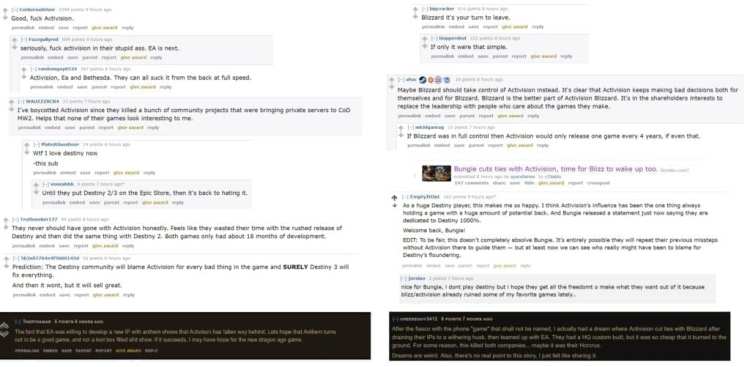
Other gaming subreddits, however, were in full “screw Activision” mode.
To be honest, I can’t fault gamers for feeling this way. Activision’s main franchise, Call of Duty, has often been divisive. Recent news about Blizzard’s woes — from Diablo: Immortal to long-time key personnel leaving — have conditioned many to think of how much influence Activision holds. So, we arrive at today’s major news: Bungie finding its independence once more, free from the yoke of bondage to an “evil corporation” that has “ruined many games remembered fondly since childhood.” But is it really as simple as black and white?
Halo
To understand where all the sentiment comes from, we have to go all the way back to the early 90s when Bungie was just a fledgling Chicago-based studio. After crafting the Marathon games, Bungie was acquired by Microsoft in 2000. The vision was to create a flagship FPS franchise for the Xbox. The result: Halo. Master Chief and Cortana turned the FPS genre on its head, becoming a landmark title. No longer were FPS games a staple of PCs. It provided the template that FPS games can be viable and successful for consoles as well.
Things were, however, not always on the up-and-up. Past articles such as a Gamesindustry.biz interview with Ensemble’s founder, Tony Goodman, showed that trouble was brewing. According to Goodman, Halo Wars was greenlit by Microsoft since they felt better “if Halo were attached to it.” As for Bungie, they weren’t very happy:
“Another problem was that Bungie was never up for it… Bungie was kind of sore about the idea. What they called it was ‘the whoring out of our franchise’ or something. Yeah, that didn’t create a great relationship between us and Bungie; they viewed us as someone infringing [on their franchise].”
Slowly, one can piece the puzzle. Bungie, though it started out as a small studio, had a lot of moving parts with many influential players behind the scenes. A consensus was that Microsoft wanted Bungie to keep working on Halo, monitoring their progress, even how the studio interacted with fans.
Bungie split from Microsoft to become an independent studio once more, although they did continue to create games such as Halo 3: ODST and Halo: Reach. The latter would become the last Master Chief project developed by the studio before it partnered with Activision. Microsoft retained the rights to Halo and 343 Studios helmed future projects. Bungie, meanwhile, found the creative freedom it wanted… or so we thought.
Destiny
In 2010, Bungie and Activision entered a 10-year partnership where the former would craft its own IP while the latter publishes it. To that end, Activision infused the studio with $500 million for the project. The amount would cover everything from tech, to infrastructure, royalties, marketing, and the like.
The deal was met by shock from many long-time fans and the industry as a whole. This was one of Microsoft’s core studios, the makers of Halo, and now they were making a brand new IP with half a billion dollars of investment? The shared-world shooter, the FPS/MMO hybrid — the template that many franchises would try to emulate was born (if we don’t count Planetside and a slew of others that came before it).
Destiny built up the hype, and the partnership was seen as a step forward. That’s until cracks began to appear.
The first two controversies to hit Destiny weren’t just the fact that it was a critical ho-hum, or that players expected something else entirely. It wasn’t the fact that you spent more time staring at the loot cave than doing strikes, the boredom from farming planetary materials, or people getting stuck as “Forever 29s” since they can’t get those boots to drop from Vault of Glass. Those two controversies involved Bungie creative lead Joe Staten and composer Marty O’Donnell, and by extension, Activision’s role.
Story Time: Joseph Staten
Staten’s creativity helped create the story and the universe of Halo, and he was working on Destiny’s magnificent space opera. You can watch the video above from GDC 2013 where Staten outlined his vision. Unfortunately, Bungie higher-ups didn’t agree with this which led it to being scrapped. When the story broke, some players on various subreddits and forums laid the blame at Activision’s feet. People were quick to point out that the publisher had a major role in tampering with the story or leaving us with gaping plot holes and nonsensical dialogue. It’s as though there was “no time to explain why they don’t have time to explain.”
A Kotaku article explained that Staten’s superiors simply did not the “supercut” that he made. Bungie had to adjust. Major revisions when you’re nearing your deadline will definitely lead to problems. Given that Bungie had a contract to abide by, they ended up missing their original Fall 2013 release target. Extensions were given and Destiny finally launched on September 9, 2014.
“The priority was, ‘Hey, we have to take a bunch of content that we’ve spent millions of dollars on, we need to cobble it together in a way that is not going to break continuity, and we’ve gotta do it quickly.’”
Some of Staten’s concepts such as the Dreadnaught and EDZ eventually found their way into the game or the sequel. It turns out, Activision wasn’t to blame here, and they weren’t the ones who scrapped the story. They were merely the ones who had placed a deadline. Still, one cannot help how the internet would turn all this information into something like content being cut so that it can be sold later as DLC.
Music Mania: Martin O’Donnell
However, the publisher did take a more active role in O’Donnell’s case. As the composer behind the Halo franchise and other Bungie classics, O’Donnell was another key player on the team. His work on “Music of the Spheres” — collaborating with none other than Paul McCartney — was the culmination of his lifelong dream, his magnum opus. It was set to become the Destiny soundtrack until Activision stepped in.
On the eve of E3 2013, Activision decided to splice and edit some of O’Donnell’s composition for the Destiny trailer. The acclaimed composer was clearly agitated, thinking that the publisher had been overstepping their bounds. Harold Ryan, Bungie’s President, CEO, and Board Chairman even had O’Donnell’s back. They attempted to sway Activision, but the publisher did not budge.
That’s when things got out of hand. As compiled by Venture Beat — with legal documents as well — O’Donnell’s frustration led to strained relationships between him and his peers. By extension, that also meant Bungie’s and Activision’s. As you can see from the sources, the courts even noted (under Factual Background) that the following had happened:
- “tweeted it was Activision, not Bungie, that composed the trailer’s music”
- “threatened Bungie employees in an attempt to keep the trailer from being posted online”
- “interrupted press briefings”
- “there was an overwhelming amount of audio work… [Marty] was not contributing”
- “members of the audio team complained that [Marty] was frustrating completion of audio work”
The composer’s actions led to his termination which later on culminated in lawsuits to recover assets and stocks. O’Donnell eventually won the lawsuit. Still, regardless of Activision’s meddling with the trailer’s music, it does not change the fact that O’Donnell’s reactions in the workplace, as the legal documents have shown, also didn’t put him in the right.
Eververse And Psychology
Destiny chugged along through highs and lows. During The Taken King expansion in 2015, players saw the introduction of microtransactions via Eververse. Microtransactions were seen as a means to have additional funding for live/free events as the game continued to grow. It seemed innocent enough, although some complaints did exist. But things came to a head during Destiny 2’s first year.
Many hardcore players were flabbergasted at changes such as no more random rolls, streamlined mechanics, ease-of-progression, token turn-ins, Crucible 4v4, slow super recharge rate, and more. It wasn’t until Curse of Osiris and The Dawning 2017 when the community erupted in a furor. Players blasted the Destiny forums with “#RemoveEververse” posts thinking that the store was solely to blame. A common consensus was that the game’s content was deliberately removed in order to force players into spending solely on microtransactions.
That conjecture was likely a spillover from the other big news in late-2017, Star Wars: Battlefront 2’s loot boxes. Gamers were up in arms when it came to microtransactions and loot boxes, and “a sense of pride and accomplishment.” The news broke the dam of negative emotions, and titles with similar monetization methods were further scrutinized and debated.
Activision does have revenue targets, but, as we know, Bungie had to come up with the means to meet those targets. Eververse was Bungie’s answer. The initial implementation in the first game was innocent enough, but the problems inherent in Destiny 2 — and the Battlefront 2 controversy — compounded everything.
“I Blame Activision!” – The Internet
Throughout all of these controversies, Activision was always at the crosshairs. It wasn’t uncommon to see a Destiny player opine what the game could’ve been had Activision not stuck their noses in. Case in point, you can see that in the video above as well as this Reddit thread discussing it. Note how the top comments ended up disagreeing, though. It’s more likely that Bungie wouldn’t even have the means to craft, market, and distribute their product without Activision’s budget.
Also, Activision probably wasn’t the one to determine how “the auto rifle buff was really 0.04 percent,” or that “you’ve lost your power fantasy and your supers charge slower.” They probably didn’t drop by the studio one day to say that “Escalation Protocol needs to have higher power level requirements” and that “infusion should use up Masterwork cores.” I certainly doubt that they told Deej to tweet about the “friendgame” or that Bungie “should quickly fix exploits that benefit players but take longer to fix issues that have been problematic.” They probably didn’t decide to “remove random rolls” or “have a convoluted Niobe Labs puzzle to unlock Bergusia Forge.” These and many other decisions — all of which were criticized by the community — were on the developers.
Then again, I could be wrong as well since more employees have yet to open up. What we do know is that people celebrated with champagne because of the split. Maybe it was Activision who turned Brother Vance into a giggling Osiris fanboy? Who knows?
A New Chapter
This isn’t to absolve Activision of any mistakes on its part. Perhaps the biggest is the fact that Bungie was constrained by console exclusives and contractual obligations. Remember, while the studio created the masterpiece that was Halo, all subsequent games in that franchise were released years apart. They had no experience in creating a living, breathing, always-online, evolving world until Destiny.
The bold undertaking was hampered by the need to create a Destiny game every few years, interspersed with consistently releasing new content or events, with a major expansion or DLC every few months. Not only that, but they had to meet targets set by the publisher. For instance, Forsaken may have been a critical success, but it did not meet commercial expectations in Activision’s eyes. In some ways, the studio might not have been able to keep up with all the demands. How else can we explain months-long content droughts in the past or time-gated content in recent times?
The future is uncertain, but it holds a lot of promise. In 2018, Chinese tech company, NetEase, invested $100 million into Bungie and now holds a seat on its Board of Directors. NetEase has partnered with Blizzard to release versions of Overwatch and World of Warcraft in China. Maybe Bungie will end up making “Guardians: Immortal?” Don’t you Guardians have mobile phones? That’s one possibility. Or, Bungie might end up being best buds with Microsoft once more.
Looking forward to a very bright future working with one of my favorite independent studios on one of my favorite franchises. Excited to see how they continue to grow and evolve Destiny.
— Phil Spencer (@XboxP3) January 10, 2019
To The Stars
Bungie and Destiny do have flaws, and recounting them here isn’t to stress out that fact. It’s to recognize that these things did happen in the past with or without Activision’s influence.
As was the case with Microsoft, we know that Bungie dreams big, and the company desires creative freedom. Now they have that. It’s time to see what they’re capable of on their own, and what this holds for Destiny’s future. Everything they do from this day forward will be solely on them. I, and many other players, wish them the best in that regard.
Per audacia ad astra. By daring to the stars. Eyes up, Bungie and all Guardians.

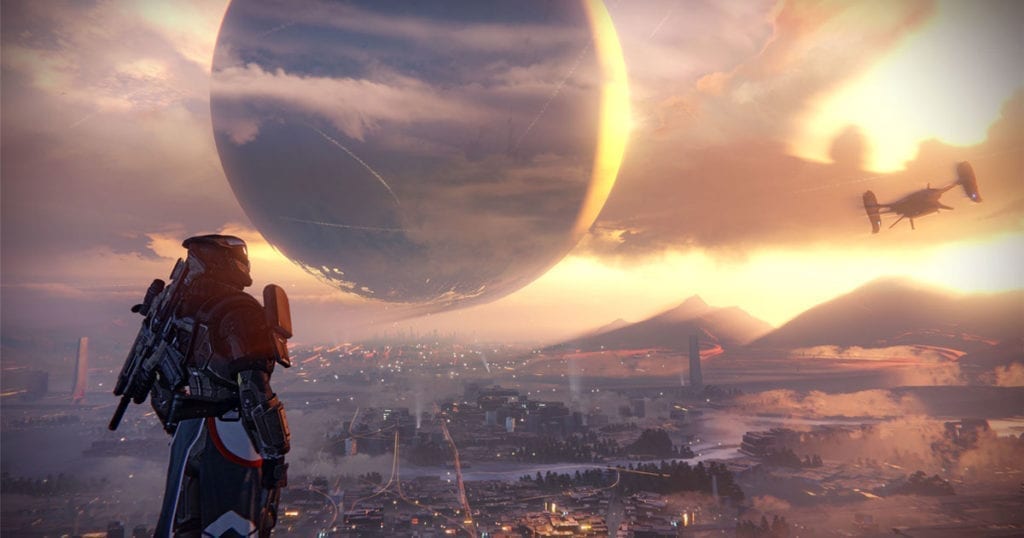
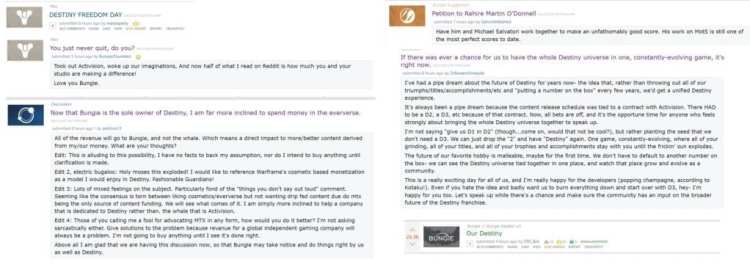
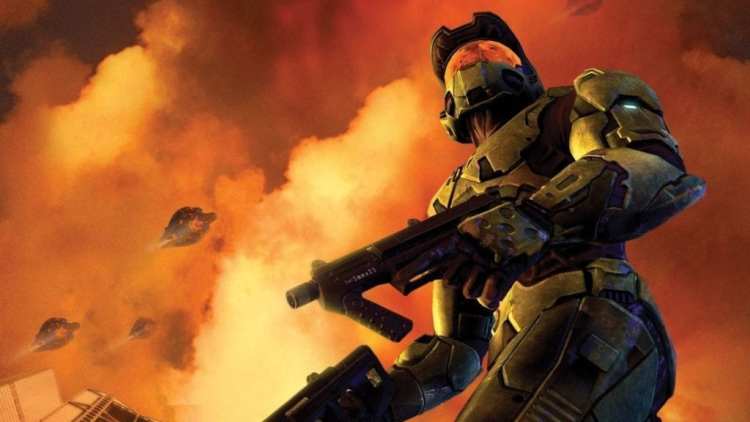
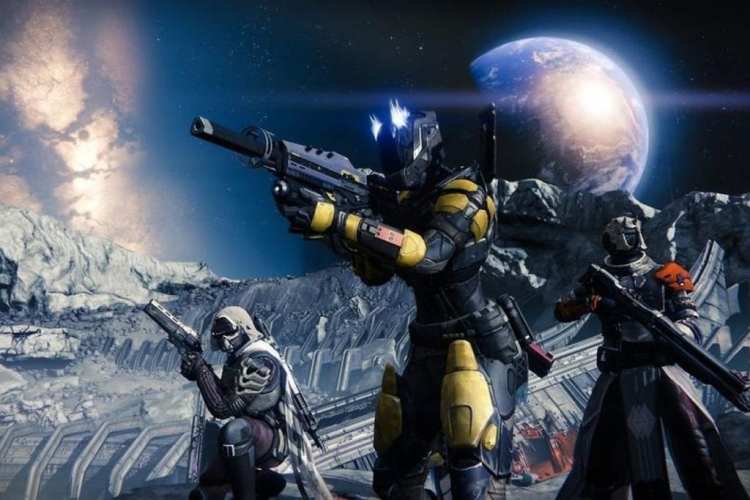
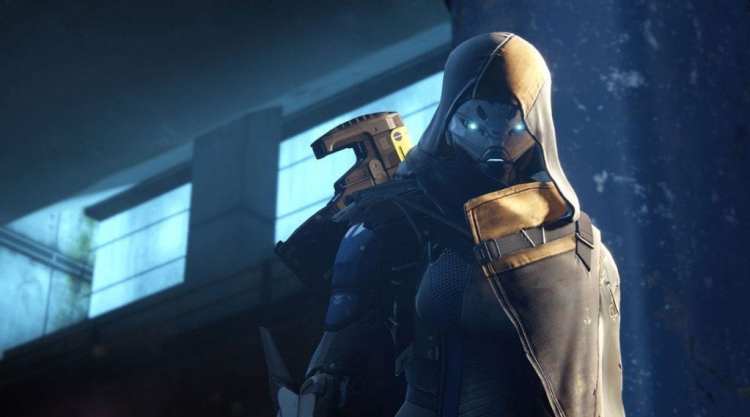
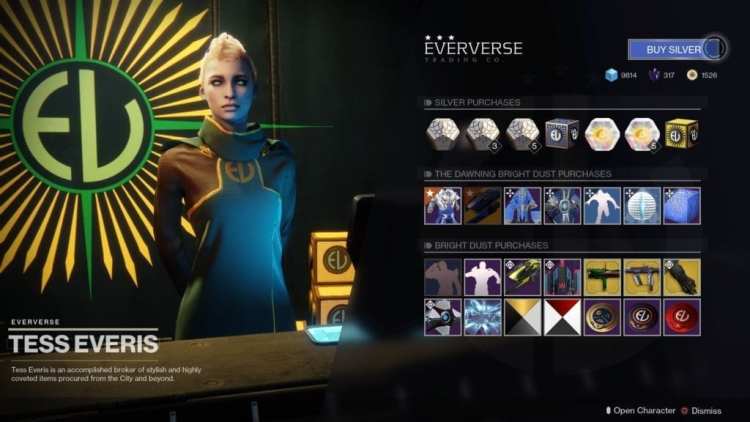
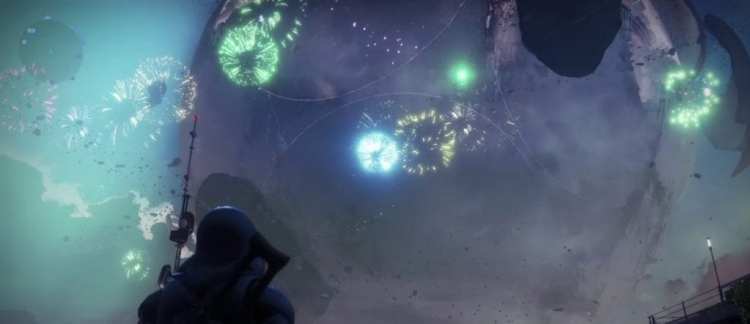





Published: Jan 11, 2019 07:00 am